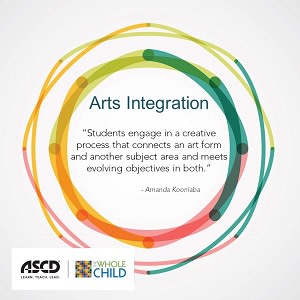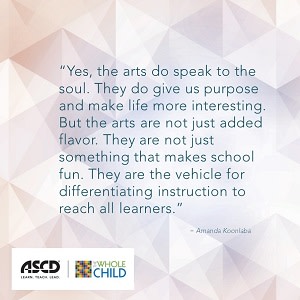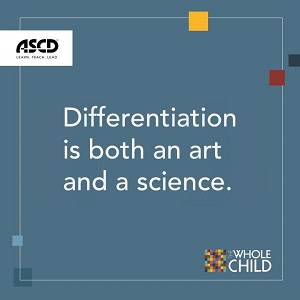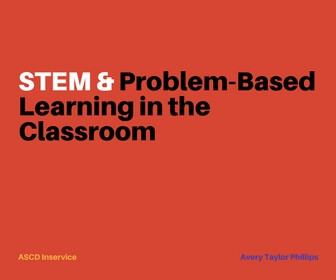A group of second grade students huddle around their teacher as she reads Eight Days: A Story of Haiti. Down the hall, fourth grade math students are busy dissecting news articles to find real-world statistics that illustrate the human toll of the refugee crisis in Europe. Up the street at a nearby high school, students in science class are putting together a visual informational display about the Zika virus that illuminates the disease’s origins, transmission, global impact, surrounding policy debates, and social stigma. What do these students in the midst of reading, math, and science lessons have in common? They are engaged in global learning.
At its core, global learning is about facilitating educational experiences that allow students to appreciate diverse perspectives, understand the connections they have to the wider world, respectively and effectively communicate and collaborate across cultures and countries, and use disciplinary and interdisciplinary knowledge to investigate and take action on issues that matter to them and the wider world. Global learning should not be an “extra” or “nice-to-have” course that only a handful of students can take, nor should it be relegated to a fun project the last few weeks of school. Why? Global issues and perspectives can easily be integrated as a lens for teaching any and all content areas. Furthermore, global learning can lead to the following holistic student outcomes that lead to academic success and overall well-being.
- Student Engagement.
Research shows that when students learn content through authentic tasks and real-world experiences, they are more likely to engage, which in turn leads to higher attendance and achievement. Global education directly engages students with real-world issues and activities. What better way to entice students to practice Spanish than have them Skype with peers in Mexico, or to teach the skills of writing an argumentative essay by having them debate global current events pulled straight from the headlines?
- College and Career Readiness.
Our economy is global, with over 40 million U.S. jobs tied to international trade. Employers today are desperate to higher graduates with cross-cultural skills that allow them to work in diverse teams and with clients all over the world. By providing students with opportunities to understand the wider world and the diversity of people, cultures, and perspectives in it, schools are also giving students a competitive edge in the marketplace.
- Social-Emotional Learning.
Learning from and with the world doesn’t only benefit students’ academic development, but contributes to their social-emotional development as well. Global education helps develop self-awareness of one’s own identity, culture, beliefs and how those connect with the wider world, social awareness including empathy, perspective-taking, appreciating diversity, and respecting others, and relationship-building skills with diverse individuals and groups through effective communication and collaboration.
- Student Empowerment.
Global learning enables students with agency to take purposeful action to improve their own lives and to positively influence the world around them. When students are provided opportunities to investigate issues they deem important (be it gun violence, access to clean water, or human rights violations), unpack why these issues exist, and come up with solutions to make them better, they become empowered to be the catalysts of the changes they wish to see. As numerous teachers and school administrators implementing global education initiatives I have worked with attest, once you open the door for students to take action, you will be amazed at the fundraisers, campaigns, projects, programs, and protests they will devise on their own to make the world a better place.
Global education is an effective way to support students’ holistic academic, social, and emotional development. Teachers, school leaders, and community members all have a role to play in leading global initiatives that turn classrooms and schools into windows to the world. ASCD is here to help educators with resources to turn this global education vision into an everyday reality for each and every student.




